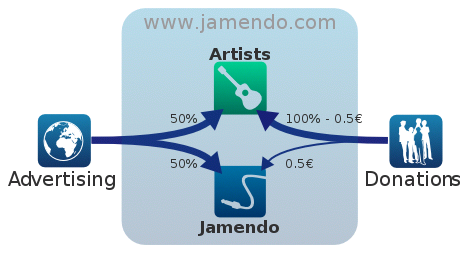On a recent road trip I listened to four audiobooks. One is overrated, another poorly written and ignorant (conflation of mathematical proof and statistical confidence was most galling to me, but there’s plenty to go around), another well written and wrongheaded. The fourth isn’t exactly any of those things (apart from overrated), but then it didn’t feel much like a book. More like a book adaptation of an infomercial, read aloud.
That would be Rich Dad, Poor Dad, a garrulous stream of self-help cliches, financial pep talks, tall tales, and pitches for other books and products. (I may have listened to another book in the series–I gather they’re all pretty similar, and I heard tiresome stories of “Rich Dad” in any case.) Author Robert Kiyosaki has the annoying habit of presenting the obvious as deep wisdom (e.g., “everything has a price”, now that was new to me) along with obvious lies (I completely lost respect for the enterprise when Kiyosaki quoted “Rich Dad” as saying that one can consistently obtain 20% to 50% returns at low risk).
It turns out that “Rich Dad” is probably made up. Apparently the most specific answer (and telling) answer Kiyosaki has given regarding the identity of Rich Dad is “Is Harry Potter real? Why don’t you let Rich Dad be a myth, like Harry Potter?”
So that covers myth, what about pyramid? Apparently Kiyosaki got his start with pyramid organization Amway. He seems to have learned well, for Kiyosaki’s franchise of selling products that offer little more than selling Kiyosaki and his products would (do?) make perfect fodder for network sales.
It is possible a liar and network marketer could have valuable and unique insights, but Kiyosaki doesn’t seem to present any. I don’t hold being an excellent salesperson against him, indeed I think selling is undersold, but then he doesn’t advise people to learn or earn by selling, as far as I can tell.
I wasn’t going to write about Kiyosaki, but was inspired to by reading links posted by Jim Lippard on Kiyosaki today (I did not previously know that “Rich Dad” is a fabrication).
My theory is that Kiyosaki is an excellent salesperson and many who read his books and perhaps have never thought about money before or have, and are dense or frustrated, take his cliches as amazing insight. Take this from a commenter on one of the posts Lippard links to:
As mentioned, defining wealth as how long you can live without working was a new way of thinking of things for me. In 10 years of Money Magazine subscriptions, I’ve read a billion different mutual funds articles, but nothing about generating or even measuring passive income.
Think of things in terms of assets vs. liabilities was a new concept to me.
Helloooo!
I don’t have a theory explaining why anyone smarter than me would find anything valuable in Kiyosaki.
I wrote a distantly related post on real restate returns in September, 2005.
